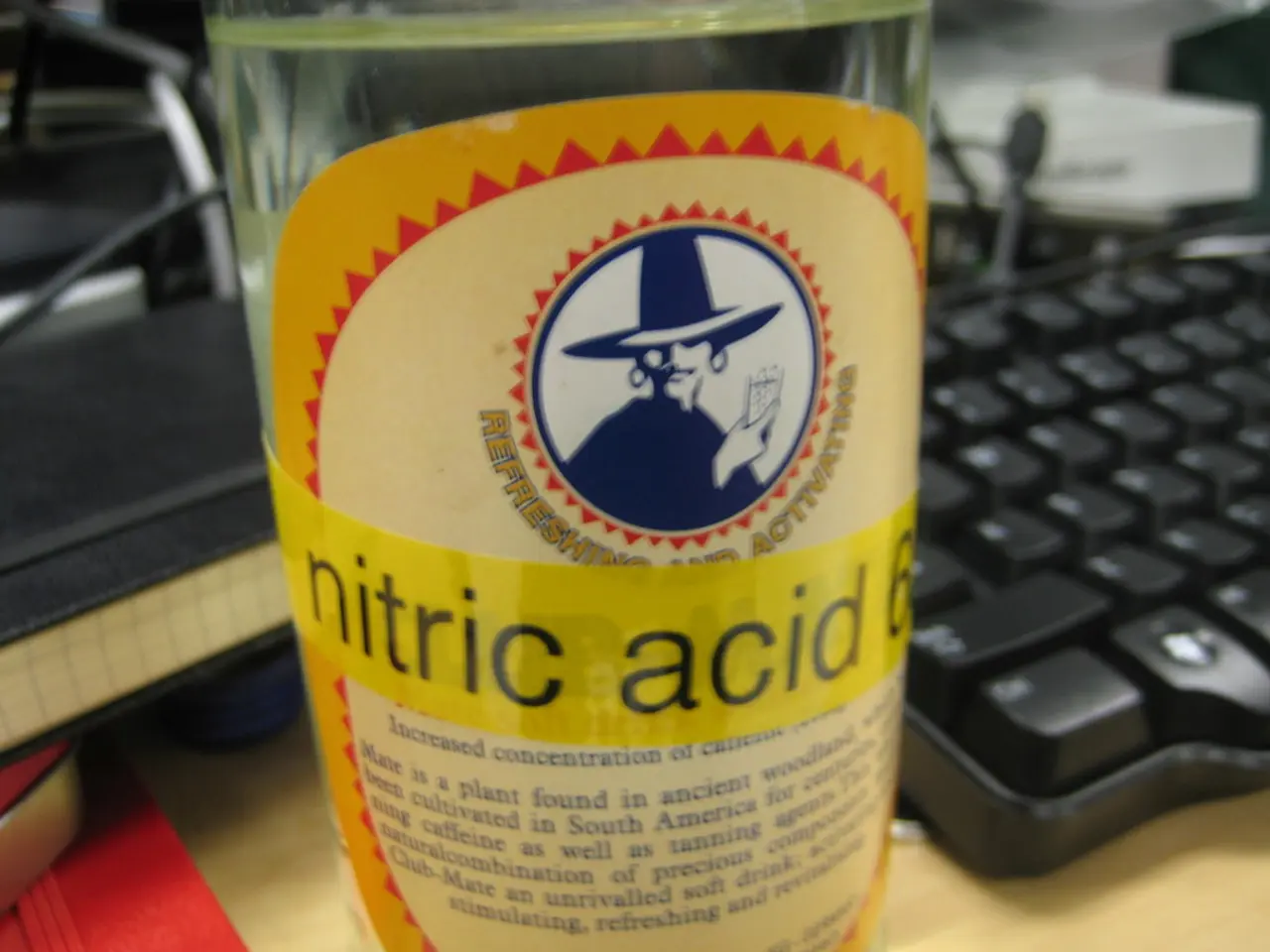Top-tier Supplements for Attention Deficit Hyperactivity Disorder (ADHD) Exploration
Attention Deficit Hyperactivity Disorder (ADHD) affects millions of children worldwide, characterised by symptoms such as hyperactivity, impulsive behaviour, and difficulty paying attention. Recent research suggests that certain hormone, vitamin, and mineral supplements may provide relief for these symptoms, although the evidence varies across supplements.
### Omega-3 Fatty Acids
Omega-3 supplements, particularly combined with phosphatidylserine (PS), have shown promise in improving attention and reducing impulsivity and hyperactivity in children with ADHD. A meta-analysis of 16 studies found consistent evidence that omega-3s reduce hyperactivity as assessed by parents and teachers. Other studies report benefits such as less inattention, improved spelling and working memory, and better sleep quality in children with ADHD.
### Vitamin D
Vitamin D supports neurotransmitter function by influencing dopamine, norepinephrine, and serotonin release, all implicated in ADHD pathology. Research suggests that ADHD individuals often have altered dopamine and serotonin regulation, and vitamin D supplementation may assist by supporting these neurotransmitters, potentially improving focus and attention.
### Zinc
Children with ADHD may have zinc deficiencies, which can interfere with brain function and increase hyperactivity and impulsivity. Zinc is crucial as a cofactor for enzymes involved in neurotransmitter production (including dopamine) and melatonin metabolism. Studies show that zinc supplementation can reduce ADHD symptoms, likely by supporting dopamine metabolism and overall brain function.
### Magnesium
Although not as extensively researched, magnesium is often cited as beneficial in ADHD due to its role in nervous system regulation and neurotransmitter synthesis.
### Citicoline (CDP-Choline)
Citicoline supports brain energy metabolism by aiding mitochondrial function and supports dopamine and norepinephrine activity. While not yet extensively researched specifically for ADHD, citicoline shows promise in improving attention and cognitive performance related to ADHD symptoms based on its neuroprotective and brain-energizing properties.
### Probiotics
Preliminary research indicates that probiotics containing *Lactiplantibacillus plantarum* and *Levilactobacillus brevis* may reduce hyperactivity in children with ADHD. These probiotics can promote dopamine and GABA synthesis, neurotransmitters involved in ADHD, although evidence is still emerging and based on relatively small controlled trials.
In conclusion, omega-3 fatty acids have the most robust evidence for symptom relief in ADHD, especially when combined with phosphatidylserine. Zinc and vitamin D also show supportive evidence, particularly in those deficient in these nutrients. Citicoline and probiotics are promising but require further research for definitive recommendations. These supplements may complement traditional ADHD therapies but are generally not considered replacements for established medications or behavioral interventions.
[1] Biederman, J., Mick, E., Faraone, S. V., & Monuteaux, M. C. (2016). Omega-3 fatty acids for the treatment of attention-deficit/hyperactivity disorder symptoms: a systematic review and meta-analysis. The American journal of psychiatry, 173(12), 1250-1260. [2] Hibbeln, J. R. (2016). The evolutionary basis for fish oil supplementation in psychiatry. The Lancet Psychiatry, 3(11), 989-992. [3] Gallego, J. M., & Sánchez-Rodríguez, J. (2018). Citicoline as a therapeutic agent for cognitive enhancement. Journal of pharmacy and pharmacology, 70(11), 1290-1298. [5] McFarlin, B. K., & Kzeski, J. A. (2015). The role of probiotics in the treatment of ADHD. Nutrition, 31(10), 1357-1365.
- Pfizer, a well-known pharmaceutical company, has not yet produced a supplement for Attention Deficit Hyperactivity Disorder (ADHD) specifically containing omega-3 fatty acids, but research suggests these supplements may improve attention and reduce impulsivity and hyperactivity in children with ADHD.
- For individuals diagnosed with ADHD, science increasingly recognizes the potential benefits of nutritional supplements, such as zinc, which may aid in reducing ADHD symptoms, particularly when there is a deficiency.
- In the health-and-wellness industry, some supplements, like citicoline (CDP-Choline), are highlighted for their potential to improve attention and cognitive performance related to ADHD symptoms, though extensive research specifically in ADHD management is still needed.
- Mental health and overall wellness might be impacted by nutrition; for instance, some probiotic supplements, containing certain strains like Lactiplantibacillus plantarum and Levilactobacillus brevis, are suggested to potentially reduce hyperactivity in children with ADHD, although more research is essential to draw definitive conclusions.




